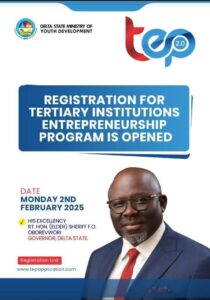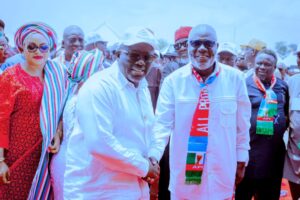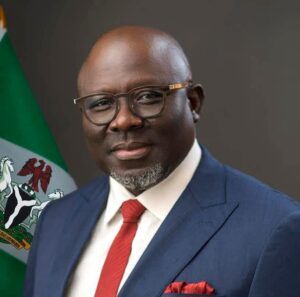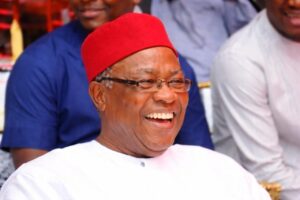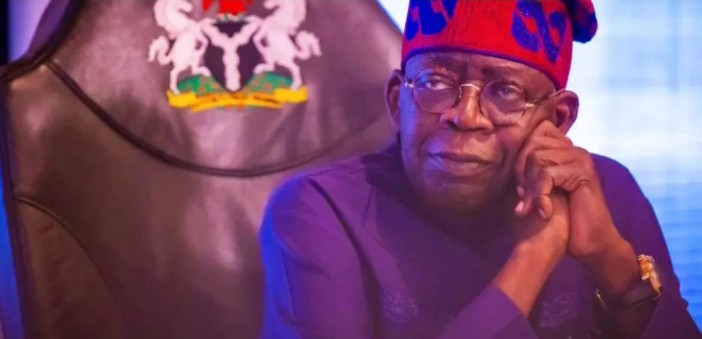
President Bola Tinubu
* Reasons 49% high-performing better than 90% underperforming
By Jon Egie with agency report
President Bola Tinubu is eyeing the Nigerian National Petroleum Company Limited (NNPCL) as one of the 20 entities that the his administration could sell a stake in so as to raise funds and improve governance.
[the_ad id=”16914″]
This is according to a recent Bloomberg report.
Armstrong Takang, chief executive officer at Nigeria’s Ministry of Finance, confirmed this to Bloomberg on Tuesday, August 15.
[the_ad id=”16918″]
According to him, the government is considering selling stakes in NNPCL and other entities in the country, as the ministry is considering options including strategic sales and initial public offerings and aims to implement the plan within 18 months.
Takang said:
“Some of the entities to be sold need the private sector to take controlling shares. It is better for us to own 49% of a high-performing entity than 90% of an entity that is underperforming.”
[the_ad id=”16917″]
The Backstory
In June 2023, Bloomberg reported that President Tinubu was advised to sell assets in the NNPCL and to raise funds. In the Energy and Natural Resources subcommittee of the Presidential policy advisory council report prepared for Tinubu at the time, it was said that NNPCL should sell off assets including stakes in oil blocks to raise billions of dollars.
[the_ad id=”16917″]
The report also suggested that the NNPCL should become a minority shareholder in projects it currently controls, potentially generating more than $17 billion by the end of the decade. The report also made the following suggestions:
NNPCL should sell down interests in joint ventures to a minority position and reduce its holdings in refineries.
The new government should head-hunt competent, tested, reform-focused leaders, to run the company.
Deregulation of the local pricing system and applying a tax holiday to undeveloped deposits.
NNPCL should end contracts with international and local traders through which it swaps crude for fuel. Instead, private companies should enter the market, leaving the state firm to sell the daily allocation of 445,000 barrels of oil for much-needed foreign exchange. Note that this policy has long been adopted.
[the_ad id=”16920″]
What you should know
In the past, President Tinubu has assured that his administration is committed to removing all forms of bottlenecks to ensure Nigeria becomes an attractive investment destination, urging Oil and gas investors of his administration’s willingness to maintain an open-door policy and address their concerns.
He has also said that fresh investments in Nigeria’s oil and gas sector, are needed now to enable the government to meet its obligations.
[the_ad_placement id=”advert-1″]
In the report cited earlier, it was stated that Nigeria’s oil and gas sector has lost $70 billion worth of investments in the petroleum industry since 2011; this is coupled with $10.7 billion lost annually to fuel subsidies.
Credit: Nairametrics


